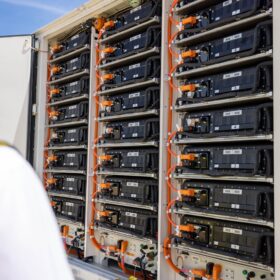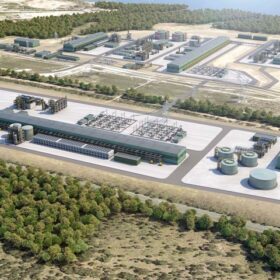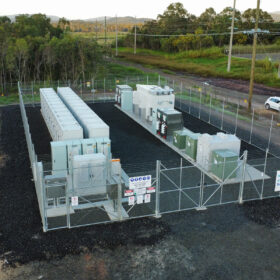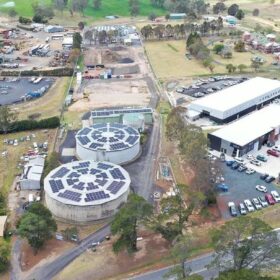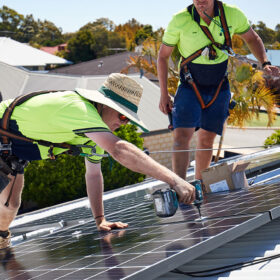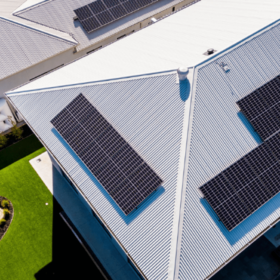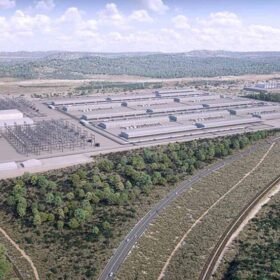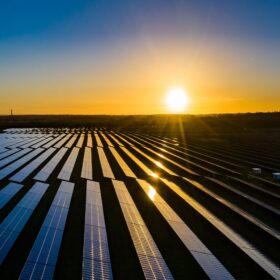Government shift sees Frontier turn to battery for WA solar project
Frontier Energy has revised its strategy for the first stage of the proposed Waroona Renewable Energy Project being developed in Western Australia’s southwest to include a four-hour 80 MW battery energy storage system in a move that is expected to have significantly better economics than solar alone.
Tasmanian hydrogen hub locks in $70 million federal funding boost
The Australian government has formalised a $70 million (USD 49.95 million) investment to help develop the Bell Bay Hydrogen Hub in northern Tasmania with construction of the project scheduled to commence this year with completion planned for early 2028.
Queensland builds on statewide network-connected battery program
A dozen new large-scale, network-connected batteries with a combined capacity of 48 MW / 96 MWh will be rolled out across Queensland as part of the state government’s strategy to support the continuing uptake of renewable energy and take the heat out of peak demand periods.
Governments unite with $206 million clean energy initiative
The Commonwealth and New South Wales governments have announced a $206 million package aimed at funding energy saving upgrades in social housing properties and increasing access to solar for low-income renters and apartment residents across the state.
NSW council switches on solar in search for 100% renewables
Bega Valley Shire Council in New South Wales has announced a significant milestone in its journey towards 100% renewable energy by 2030 with the successful export of power from its newest solar energy site to the national grid.
IEA warns of rooftop slowdown amid rising costs and grid bottlenecks
The International Energy Agency has forecast the rollout of rooftop solar in Australia will drop off “faster than anticipated” with increasing grid integration challenges and saturation of the power system contributing to a revision of expectations for renewable energy growth in the country.
Queensland council calls for feedback on giga-scale solar and battery project
Plans to build an almost 1 GW solar farm and battery energy storage facility in southern Queensland are now available for public scrutiny with the Toowoomba Regional Council calling for feedback on the development application.
Rooftop solar delivers generation milestone in NEM
The rooftop solar juggernaut shows no signs of slowing in Australia with an unprecedented contribution from household PV systems delivering a string of new records in the National Electricity Market to close out 2023.
3.5 GW of green hydrogen projects make Headstart shortlist
Six green hydrogen projects with a total electrolyser capacity of more 3.5 GW have been shortlisted for the Australian government’s $2 billion (USD 1.35 billion) Hydrogen Headstart initiative that is intended to support the development of 1 GW of electrolyser capacity by 2030 through two to three “flagship” projects.
NSW doubles size of Central-West Orana REZ to 6 GW
The New South Wales government has formalised its decision to double the size of Australia’s first coordinated renewable energy zone, boosting its capacity to 6 GW of solar, wind and storage in a move designed to better cater for the state’s future energy as it transitions from coal and gas to a renewables-based grid.
